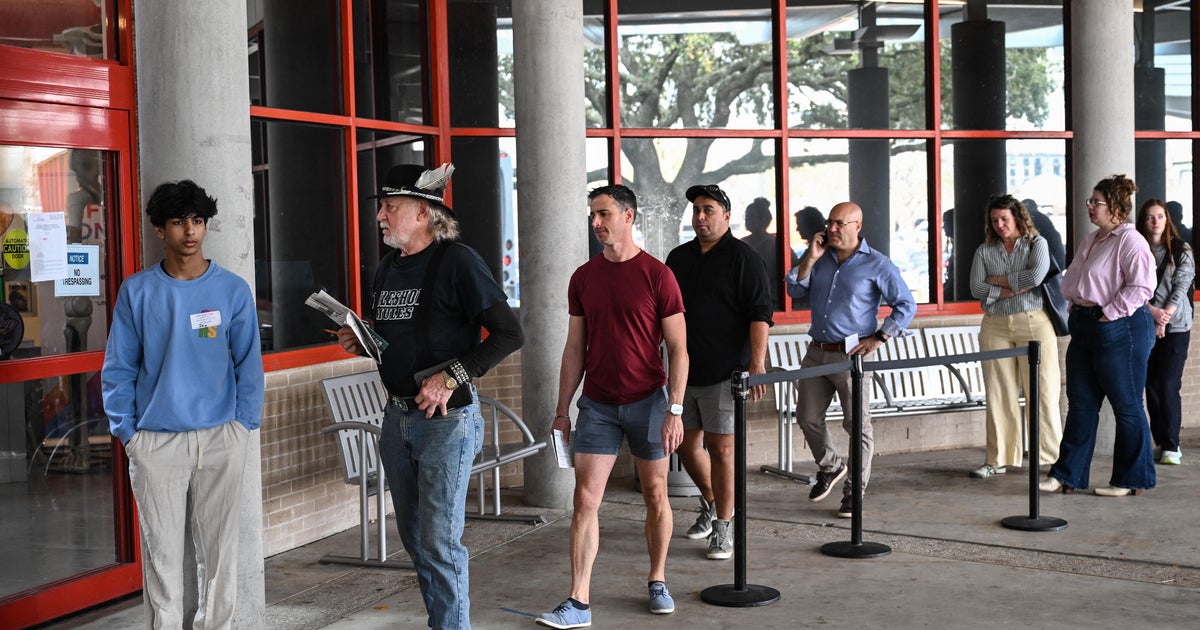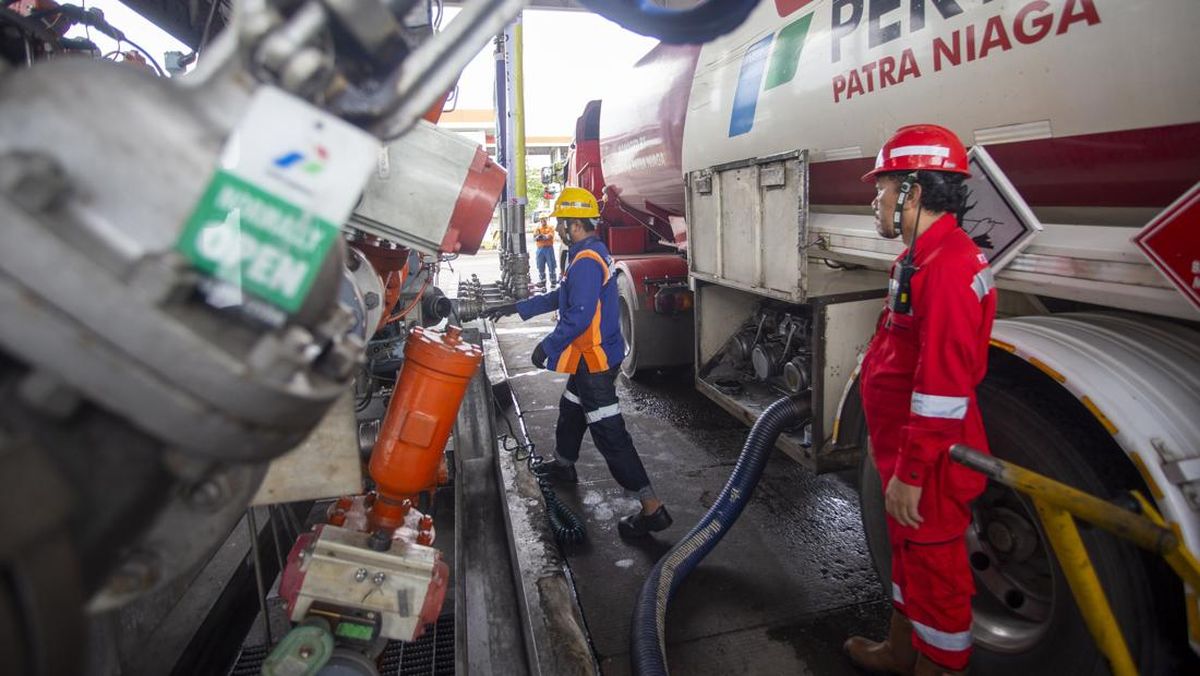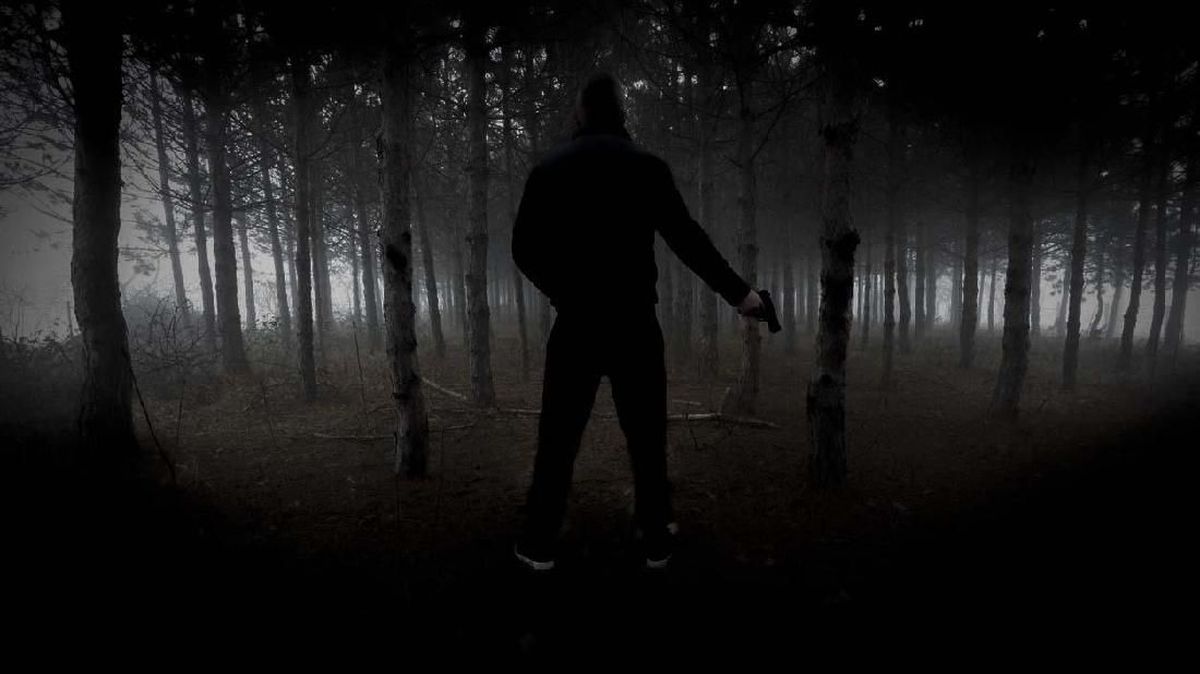Opinion
November 26, 2025 — 5.01am
November 26, 2025 — 5.01am
There are five important stages to almost everyone’s retirement. These have nothing to do with your age and everything to do with how you feel, and the way you are making decisions. They are your Prime Time, Adjustment, Epic Retirement, Ageing, and Frailty.
I don’t want you to be afraid of any of them, except perhaps frailty. Let’s look at what to expect in each phase.

Retirement is a time when you can enjoy spending time with the people who matter most.Credit: Getty Images/iStockphoto
Prime Time
This is that exciting, liberating stage of life that really kicks in when your kids get their driver’s licence and start finding their own financial and practical independence. Or, if you started late, you might have to force this stage before then.
Suddenly – or sometimes gradually – you have more money, more time and more space to think about what’s next. It’s the phase where you start leaning into your freedom and shaping life on your own terms.
For many people in their prime time, retirement still feels a long way off. They’re enjoying work, staying engaged and steadily growing their savings while also locking in more of the lifestyle goals they’ve worked hard for.
There’s no hard-and-fast rule about how retirement is done, what age you do these stages at, or even if you are to live out all stages.
This phase can last a decade or more, where the focus is on balancing work and leisure, funding new experiences through income rather than dipping into retirement savings too soon. It’s about making the most of now, while also setting up for what’s next.
For those who don’t have kids, the transition window can be trickier to identify. And there can be many triggers. The most common is seen as the midlife crisis, or the time when you realise you’ve hit the bottom of your happiness curve in your late 40s and early 50s.
Today’s generation of 40-, 50- and 60-somethings are rapidly turning this pre-retirement phase into an incredibly important opportunity to “live it up” and to make critical transitions at work, with a greater understanding of what they are passionate about and from where they derive fulfilment.
Loading
You might not want to retire and may look to stretch this phase out for decades – and I don’t blame you. This phase is all about you! If you get it right, you’re earning, achieving and enjoying yourself all at the same time.
For many, their Prime Time is also a critical time to focus on their big retirement plan, socking away money into superannuation and giving it plenty of time to compound, before they stop working, potentially forever, and building a vision of all the exciting things they will do after they stop working.
Sure, it is the time you’ll want to do some hardcore planning and saving, but it’s also a time to start reimagining yourself. After all, you’ve likely worked for 30 or 40 years without much of a break, and this might be the first huge “active” change in your life in decades. As I see it, your Prime Time has three stages:
- the set-up years
- the lifestyling years
- the part-timing years.
Your Prime Time is a great time to “try before you buy” into retirement, or to become a casual or part-time retiree. It is also a terrific time to start experimenting, before you make life-changing decisions in the euphoria stage that can’t be easily reversed.

When it comes to preparing for a great retirement, there are a number of things to keep in mind.Credit: Sam Bennett
Some people use this phase to change the types of work they do to be more aligned with the things that give them joy or to shift careers to one where they can work in a more part-time or flexible manner. Others find themselves taking longer breaks from working, and/or taking exciting trips that would have seemed impossible 20 years ago.
In your Prime Time, you’ll find yourself making decisions cautiously, researching well and thinking first about the impacts. It’s a stage of life that can go on for years, and, frankly, need never end.
Adjustment
Adjustment is a period of transition at the beginning of official retirement where you actually give up work and find yourself having to reset who you are and how you find fulfilment.
It is surprising how often people go from decades of full-time work to retired almost overnight, and after the first few weeks they look around and wonder what they are going to do with the rest of their lives.
The thing nobody tells you until you get to retirement is that when you retire, all the other people who didn’t retire at the same time keep on doing their same old things, and you just aren’t a part of that any more.
Your rhythms change but theirs don’t. It’s the end of a significant stage of your life. The result can be that people feel bereft, lonely and like they have lost many friends, when all they really did was change their daily commitment to work.
You may not realise just how many of your social circles are built around the workplace, but when it stops being part of your daily routine you see how many things you do in your leisure time really stem from it.
Loading
It can mean you need to find new social circles, new daytime fulfilment and find a new sense of routine too. And it isn’t as easy as it sounds. But for every ending there is a new beginning, once you adjust.
Adjustment has no fixed timeframe, lasting from the first day of formal retirement until the time you feel like retirement “fits you” and you have excitement and hope for your future. You’ll see it in hindsight, but while you are living it, you may feel a bit lost.
For some, it can be avoided with a longer, healthier Prime Time phase. For others, it’s an important transition, and one they need to allow time to work through.
Your Epic Retirement
You’ve finally arrived in the joy of retirement and got over the first few months of initial fear and self-redefinition. This is the best bit – you’ve dived into it and embraced the adventure, committed to some big changes and things are going fairly well, so you hungrily seek more and more of what you love, and turn away from the things you don’t care for.
You’ve planned for these wonderful, exciting, euphoric days, months and years and goddamn it you have so much to cram into them – and you learn more about what you love from every experience! It’s all go! go! go! during your Epic Retirement years, and nothing can stop you until … ageing springs.
In the euphoria of Your Epic Retirement, you’ll find yourself making decisions with wild abandon, optimism and hope, more often than you’d ever imagine yourself doing.
It seems weird to say this, but you actually might still be working, just in a more flexible, enjoyable type of work than you had previously. You might even start a side hustle!
And you almost definitely are travelling, enjoying family and friends, and curiously pursuing new and exciting projects and activities. If only the whole of retirement could be spent in these epic years.

Bec Wilson’s new edition of the bestselling How to Have an Epic Retirement, out now.Credit: Hatchette
Ageing
That epic lifestyle couldn’t go on forever – not at that pace! All that adrenaline gets boring after a while, or something goes wrong with your health or your partner’s health, or you simply want to slow down a bit.
Ageing isn’t the end; it’s just a different stage of your retirement where you’ll want different things such as safety, reliable and recognisable healthcare, community and companionship and perhaps a whole lot of family love.
And it’s worth understanding what you think your needs will be well ahead of time, so you don’t neglect them on the way through.
In the Ageing phase, you’ll be making decisions based on your needs a little more, rather than your wants. It’s tough, but it has to happen. You’re still in complete control of your faculties and living situation; things are just prioritised a little differently.
There’s plenty to look forward to in your ageing years. People find enormous fulfilment in being a little more settled, connected to family, community and social activity.
Frailty
This is the stage of life that all of us dread, where you are much more reliant on people around you to assist you and make decisions for you than you would like because of declining physical function, mobility or cognitive health.
Frailty is usually caused by age-related changes and health conditions. These can range from chronic disease and decreased muscle mass and strength to cognitive decline and nutritional deficiencies.
Loading
It’s important to note that frailty is not an inevitable part of ageing and that lifestyle factors like exercise, diet and social factors can significantly prevent or delay its onset.
People in the stage of Frailty usually need to work closely with healthcare providers and often rely on support from family members, as well as in-home help, to maintain independence and quality of life. In the latter stages, you may have to move into aged care for high-needs support.
It’s a stage of retirement that most people don’t want to discuss, research or understand. Ultimately, though, it is coming whether we like it or not, and it’s essential to plan for it by discussing it with your loved ones well in advance.
Now, there’s no hard-and-fast rule about how retirement is done, what age you do these stages at, or even if you are to live out all stages. I know people who will never retire, dipping in and out of work and leisure time, a combination of prime time and epic retirement.
For others, they hope to die in their Epic Retirement, never having to navigate the challenges of ageing or frailty. It’s up to you. It’s your retirement. Make it epic.
This is an extract from Bec Wilson’s new edition of the bestselling How to Have an Epic Retirement, out now. It’s the essential Australian and New Zealand guidebook for retirement and your ultimate guide to living well, loving life and retiring with financial confidence.
- Advice given in this article is general in nature and is not intended to influence readers’ decisions about investing or financial products. They should always seek their own professional advice that takes into account their own personal circumstances before making any financial decisions.
Expert tips on how to save, invest and make the most of your money delivered to your inbox every Sunday. Sign up for our Real Money newsletter.
Most Viewed in Money
Loading


















































